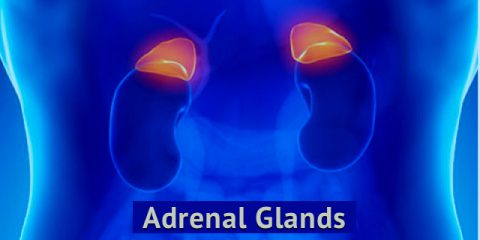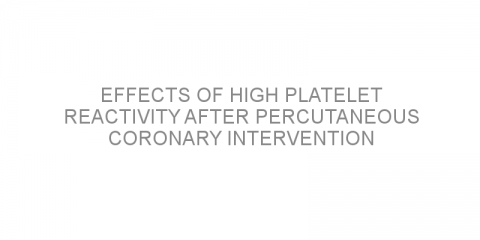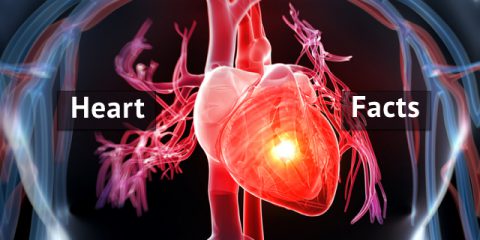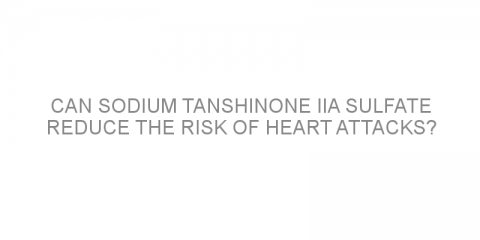In a nutshell This study investigated the long-term effects of ST-segment resolution after a heart attack. They concluded that Some background Coronary artery disease refers to blockages, or plaques, in vessels that supply blood to the heart. Following a heart attack (myocardial infarction), a procedure called reperfusion is performed. This...
Read MoreCoronary artery disease Posts on Medivizor
Is high dose pitavastatin better than low-dose?
In a nutshell This study compared the effects of treatment with high dose pitavastatin (Livalo) with low dose pitavastatin in Japanese adults with stable coronary artery disease (CAD). It was determined that high dose pitavastatin was more effective in preventing cardiovascular events than the low dose. Some background Pitavastatin is a type of drug...
Read MoreInvestigating microvascular function as a potential cause of angina in coronary artery disease.
In a nutshell This study investigated if the incidence of coronary microvascular dysfunction in patients with ischemic heart disease. They found that microvascular dysfunction is present in patients with angina. Some background Coronary arteries are responsible for supplying the heart with blood and oxygen. Coronary artery disease (CAD) is caused by a...
Read MoreAntioxidants in Grapes and Avocados
The mitochondria in cells produce energy. In the process they form reactive oxygen species. Reactive oxygen species, also called free radicals or oxygen radicals are used in many metabolic processes that are essential to life. For example, they are are part of enzyme reactions in the body. White blood cells, like neutrophils produce reactive oxygen...
Read More5 Things You Probably Didn’t Know About Your Adrenal Glands
The adrenal glands-which are also called suprarenal glands-are part of the endocrine system and are found on the top of each kidney. How the endocrine system hormones work Hormones secreted from glands of the endocrine system travel in the bloodstream to target cells. Target cells have receptors that are specific to each hormone. The hormones and receptors...
Read MoreIs ticagrelor effective in people with multi-vessel coronary artery disease?
In a nutshell This study examined the safety and effectiveness of ticagrelor (Brilinta) in patients with multi-vessel coronary disease (MVD) who had a previous heart attack. It was determined that ticagrelor reduced the risk of major adverse cardiac events (MACE), but increased the risk of certain types of bleeding. Some background Coronary...
Read MoreAre second generation drug-eluting stents better than bare-metal stents?
In a nutshell This study compared the safety and effectiveness of second generation drug eluting stents (DES) and bare-metal stents (BMS) in patients undergoing percutaneous coronary intervention (PCI). It was determined that second generation DES reduced the chances of experiencing a major adverse cardiac event (MACE). Some background...
Read MoreEffects of high platelet reactivity after percutaneous coronary intervention
In a nutshell This study investigated the effect of high platelet reactivity (HPR) on major adverse cardiac events (MACEs) in people who have undergone percutaneous coronary intervention (PCI). It was determined that people with HPR were more likely to have a MACE. Some background PCI (or angioplasty) is a non-surgical procedure where narrow or...
Read MoreSCAD and Heart Facts Infographic
This week, the American Heart Association put out its first Scientific Statement on SCAD-spontaneous coronary artery dissection. “Spontaneous coronary artery dissection (SCAD) has emerged as an important cause of acute coronary syndrome, myocardial infarction, and sudden death, particularly among young women and individuals with few conventional...
Read MoreCan sodium tanshinone IIA sulfate reduce the risk of heart attacks?
In a nutshell This study investigated whether sodium tanshinone IIA sulfate (STS) plus atorvastatin (Lipitor) would be more effective at lowering high-sensitivity C-reactive protein (hs-CRP) levels than atorvastatin alone. It was determined that the combination reduced hs-CRP levels more than atorvastatin alone. Some background Coronary artery...
Read MoreEmergencies and Illness
After three hurricanes, flooding, fires and mudslides, and now severe cold and snow in the Deep South and throughout the country, the US has had its share of emergencies. Are you prepared? For people who rely on oxygen, who are on dialysis, have diabetes or other serious conditions, it is time to think about putting together some of the essentials. What...
Read MoreBenefits and risks of adding clopidogrel to aspirin therapy
In a nutshell This study investigated the benefits and risks of adding clopidogrel (Plavix) to aspirin in people at high risk of getting heart disease or having a stroke, and in people who already have heart disease. It was determined that the combination reduced the risk of heart attacks and stroke, but had no effect on mortality, and increased the...
Read More













